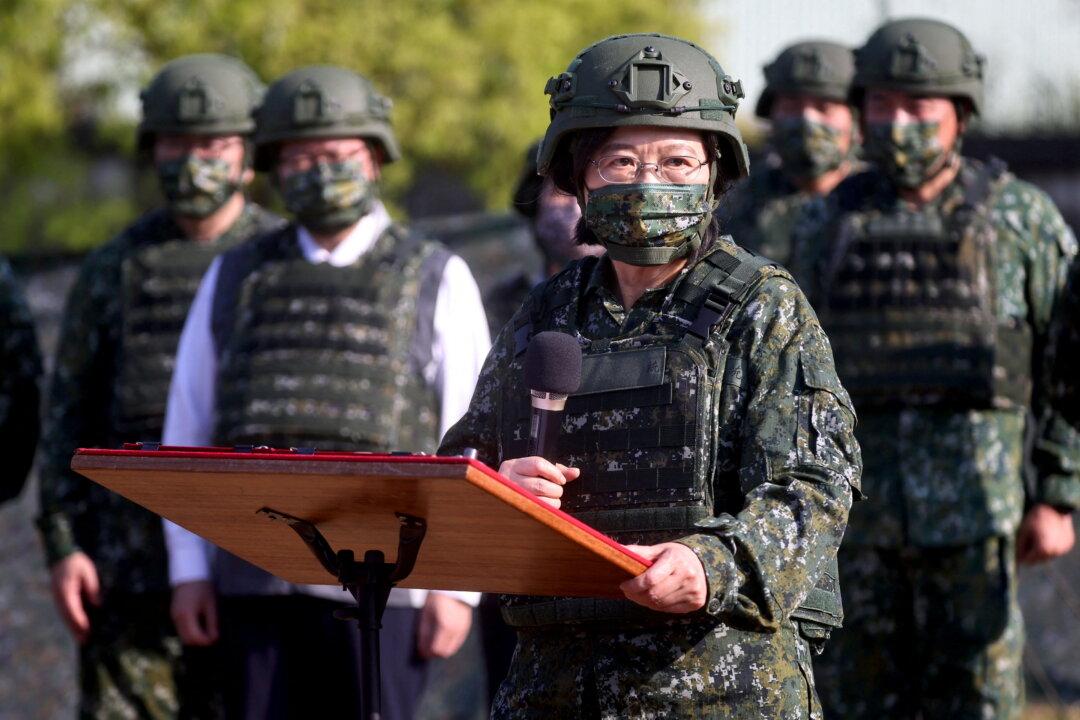Taiwan’s Defense Ministry stated on Jan. 17 that it will allow women to enroll in military reservist training for the first time as the self-governing island seeks to bolster its forces amid threats posed by the Chinese communist regime.
The ministry will allow about 200 discharged female military personnel and 500 male reservists to participate in the voluntary training, which will begin in the second quarter of 2023, Taipei Times reported on Jan. 18.





